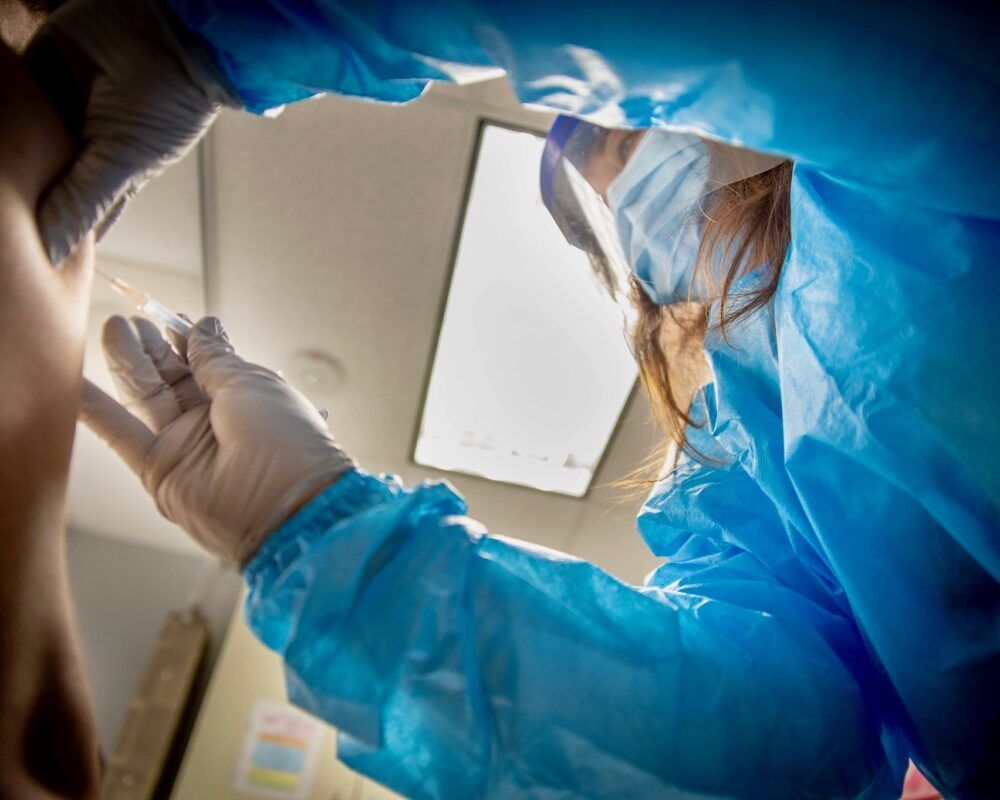Britain and Argentina became the first nations on Wednesday to authorize emergency use of the coronavirus vaccine developed by Oxford University and U.K.-based drugmaker AstraZeneca, adding momentum to its anticipated global use by international organizations.
The vaccine gained its first approval in the United Kingdom. Later in the day, Argentina became the second nation to sign off. Both countries granted permission for the vaccine to be put to emergency use, based on a calculation that it is safe enough for the public and the risks outweigh the benfits.







